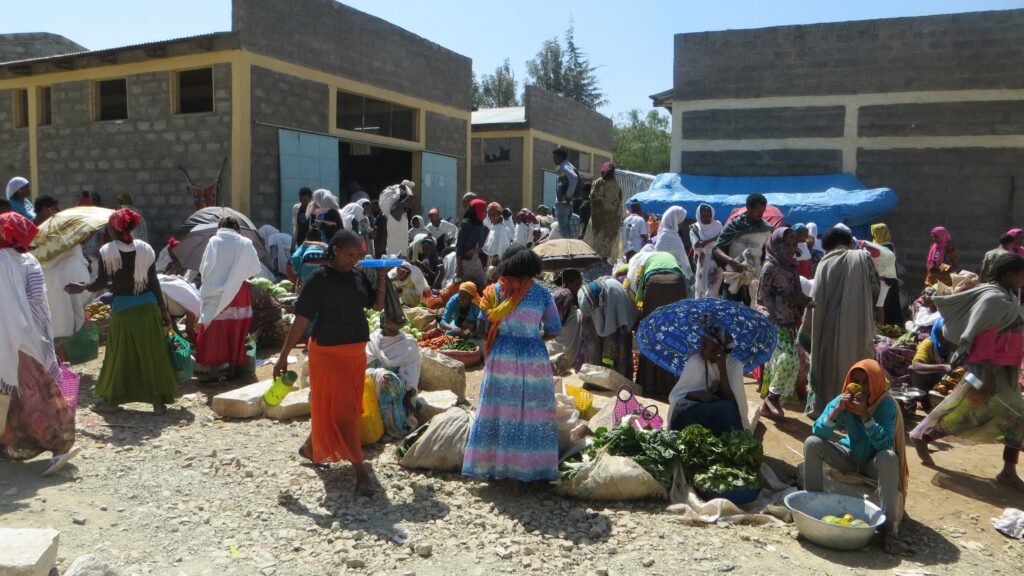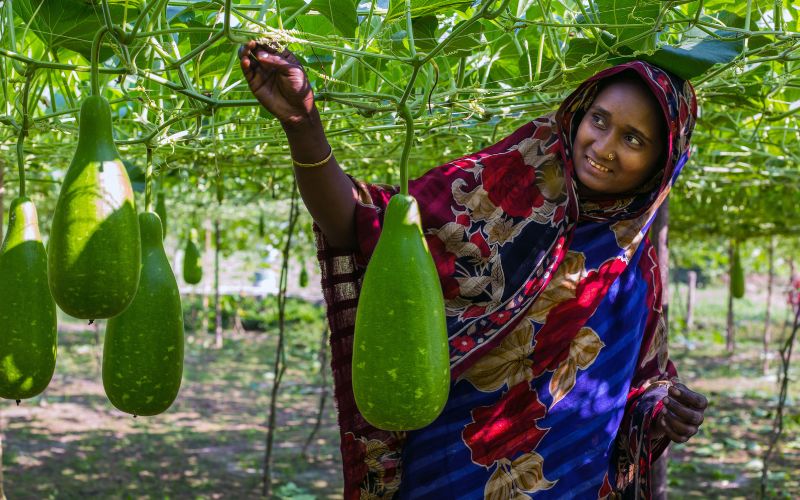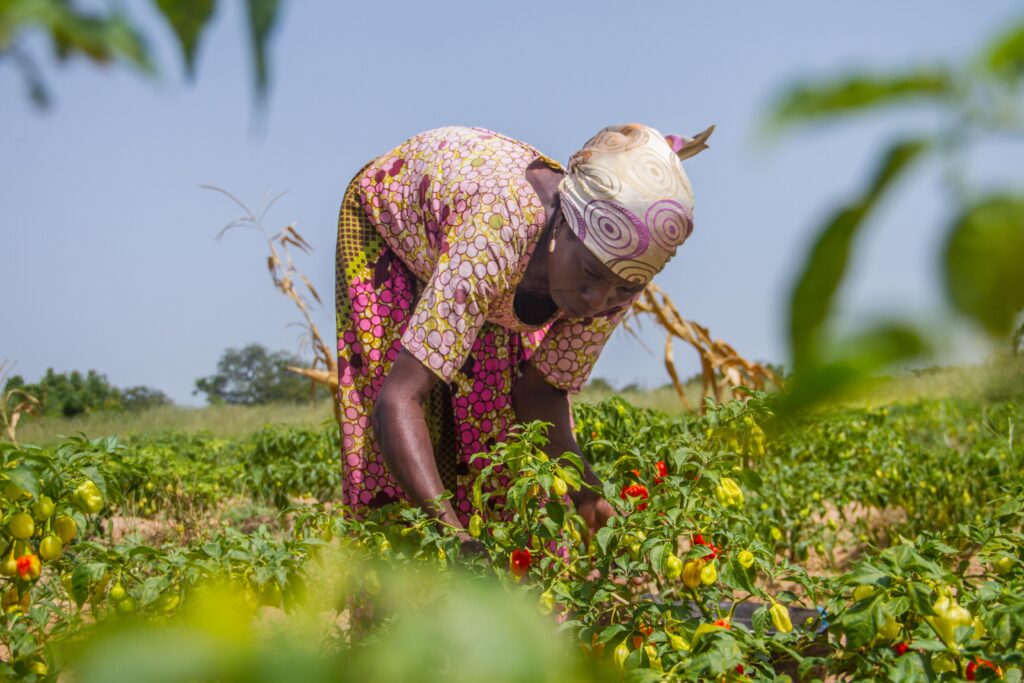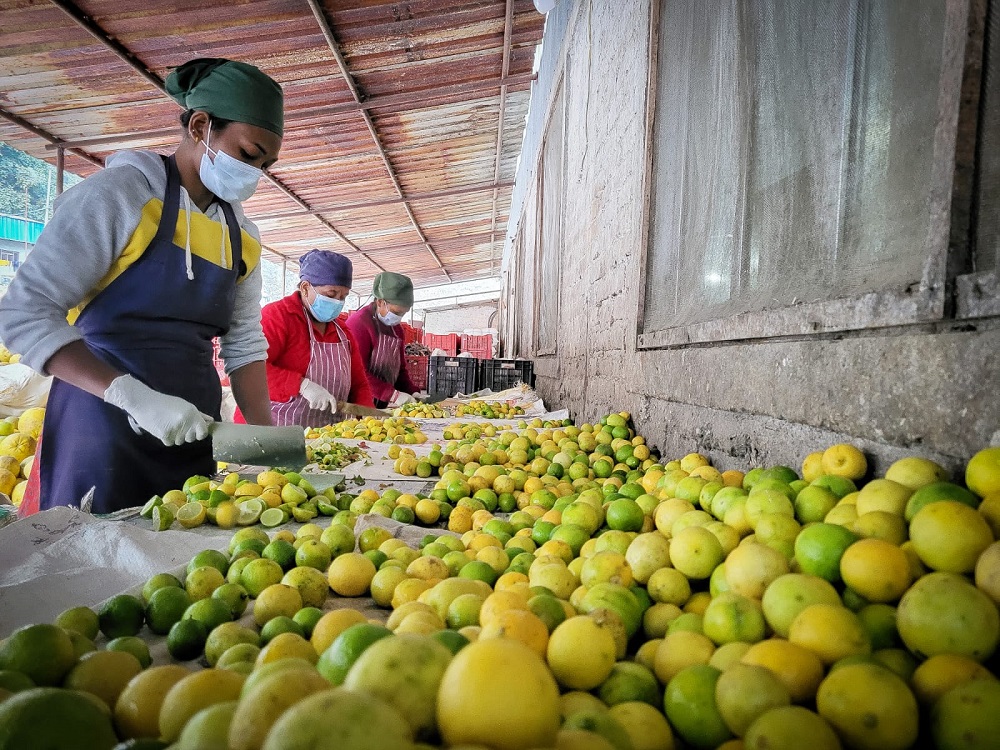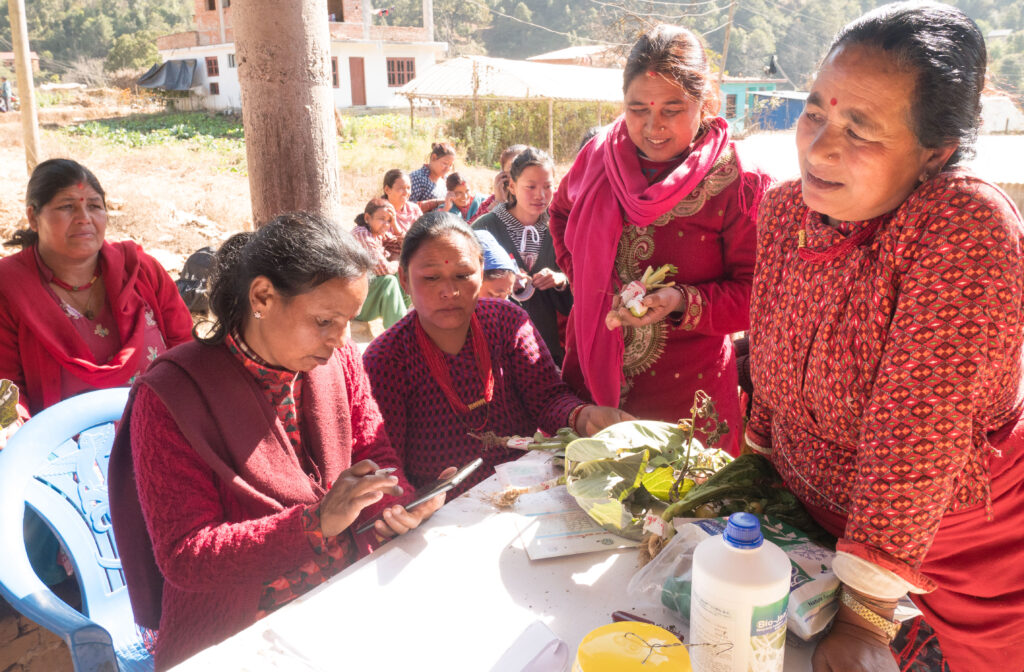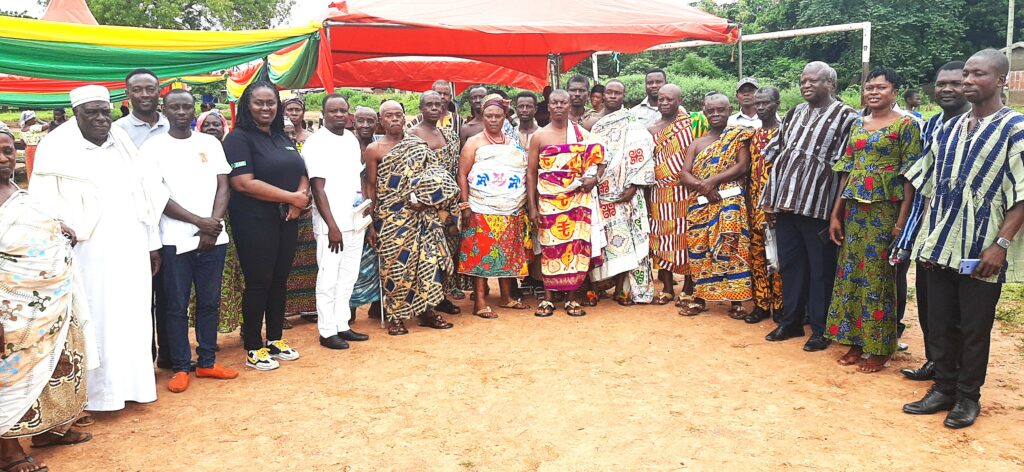Digital advisory tools: reaching last-mile users in India
PlantwisePlus presented its suite of digital advisory tools to end users at the recent AgTech 2023 conference in Andhra Pradesh, India. The PlantwisePlus digital tools are helping improve knowledge and uptake of integrated pest management (IPM) practices. As such, they align with Andhra Pradesh’s Natural Farming Initiative, which promotes the use of agricultural approaches that are in harmony with nature.
Digital innovation: integrating PlantwisePlus digital tools in Bangladesh
PlantwisePlus is developing and updating various digital tools for decision support and learning. In Bangladesh, these digital decision-support tools enable farmer advisors to serve farmers more effectively.
Recommendations made for plant clinic progress in Afghanistan
Plant clinics are an important way that we support farmers in Afghanistan. The programme helps smallholders and kitchen gardeners alike. It aims to give them the knowledge they need to protect their crops from pests and diseases. And by doing this, it helps to safeguard their crop yields and livelihoods.
Digital tools workshops empower agriculture stakeholders in Jamaica
Last month a series of digital tools workshops occurred in Southern Jamaica. Organized by the PlantwisePlus team in collaboration with the Rural Agricultural Development Agency (RADA). These workshops aimed to showcase and promote the PlantwisePlus digital tools, including the PlantwisePlus Knowledge Bank, Factsheet Library App, and CABI Academy. The events catered to a diverse audience,…
New study highlights positive impact of PlantwisePlus in Ghana on gender-inclusive agricultural extension services
A new study brief shares key findings on gender-inclusive agricultural extension services in Ghana by PlantwisePlus.
How plant doctor training supports smallholder farmers in Nepal
In Nepal, the International Development Enterprise (iDE) has introduced an approach to address the challenges smallholder farmers face in accessing agricultural inputs and advice. Known as Community Business Facilitators (CBFs), these individuals are local citizens trained to provide agricultural services within their communities. Some CBFs also train as plant doctors (CBF-PDs) through CABI’s PlantwisePlus programme,…


